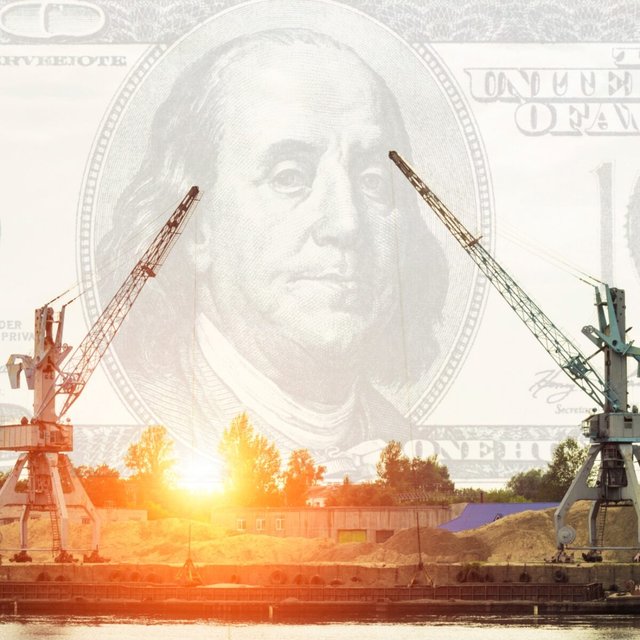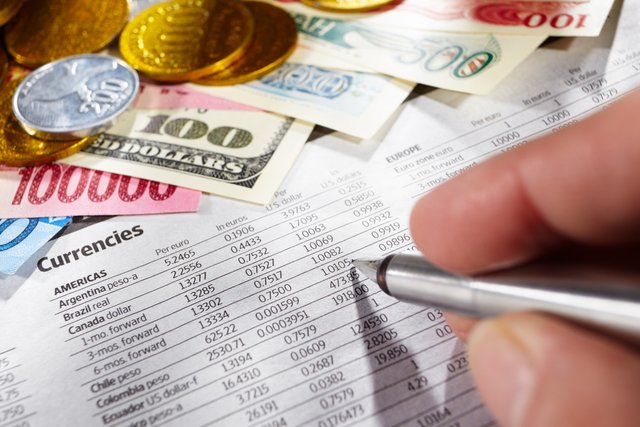In keeping with the thinking of yesterday's post, devaluation is limited to situations where a country has officially fixed or "anchored" its exchange rate relative to one or more foreign currencies. In this case, a devaluation occurs when the fixed exchange rate changes, as the price of the currency falls, a revaluation occurs when the official price rises.

According to what was expressed in the previous paragraph, devaluations occur in economies that have an exchange control imposed through laws or decrees by governments in order to stop the flight of foreign currency.
In this sense, it can be inferred that devaluation occurs when a greater amount of local currency (nominal) is needed to obtain one unit of foreign currency, for example, when a given local currency is compared with dollars.
Therefore, in the devaluation and its effects it is stated that the devaluation of a currency may have many causes, however, it generally occurs because there is no demand for the local currency or there is greater demand than supply of the foreign currency.

In relation to the above, the devaluation is produced by the lack of confidence in the local economy, in its stability, in the currency itself, in addition to the non-assertive policies in economic matters. In relation to three fundamental problems: high inflationary index, shortages, and the loss of the purchasing power of the currency.
When it comes to the economic situation, a lot of things really matters and we need to pay attention to it before it is too late. But well let's see how it eventually plays out. Most of the issue a lot of countries face is because of bad governance
Downvoting a post can decrease pending rewards and make it less visible. Common reasons:
Submit